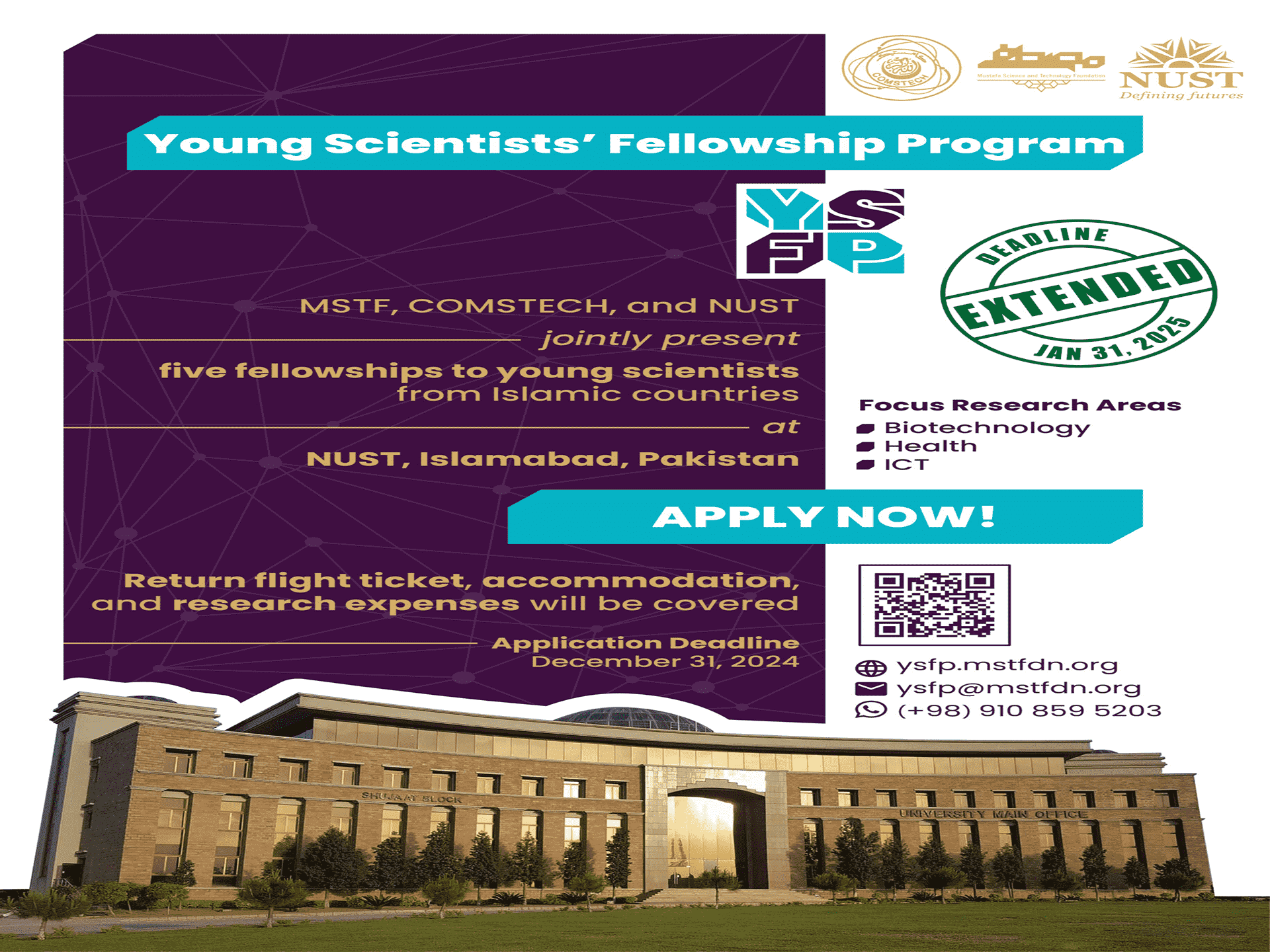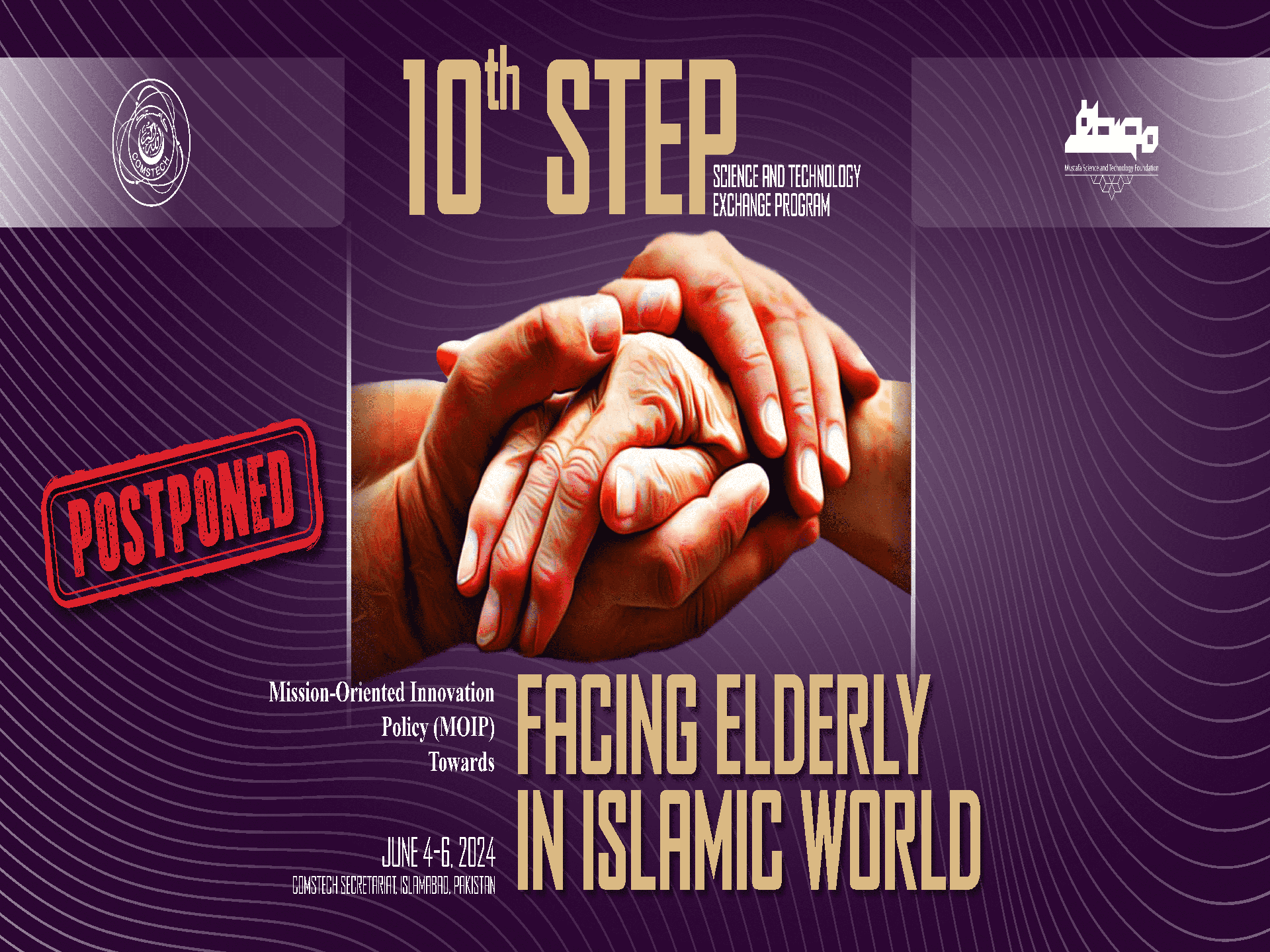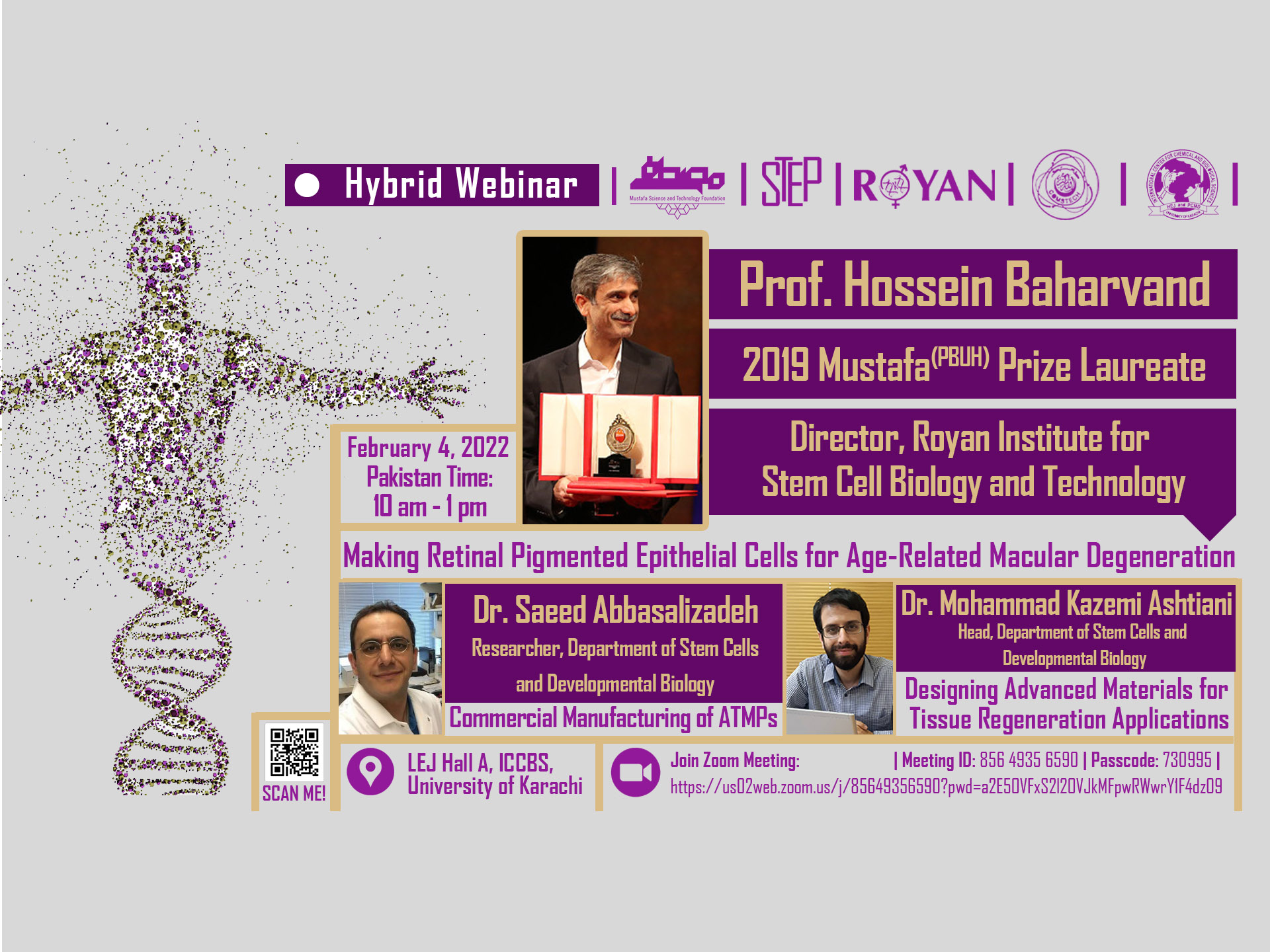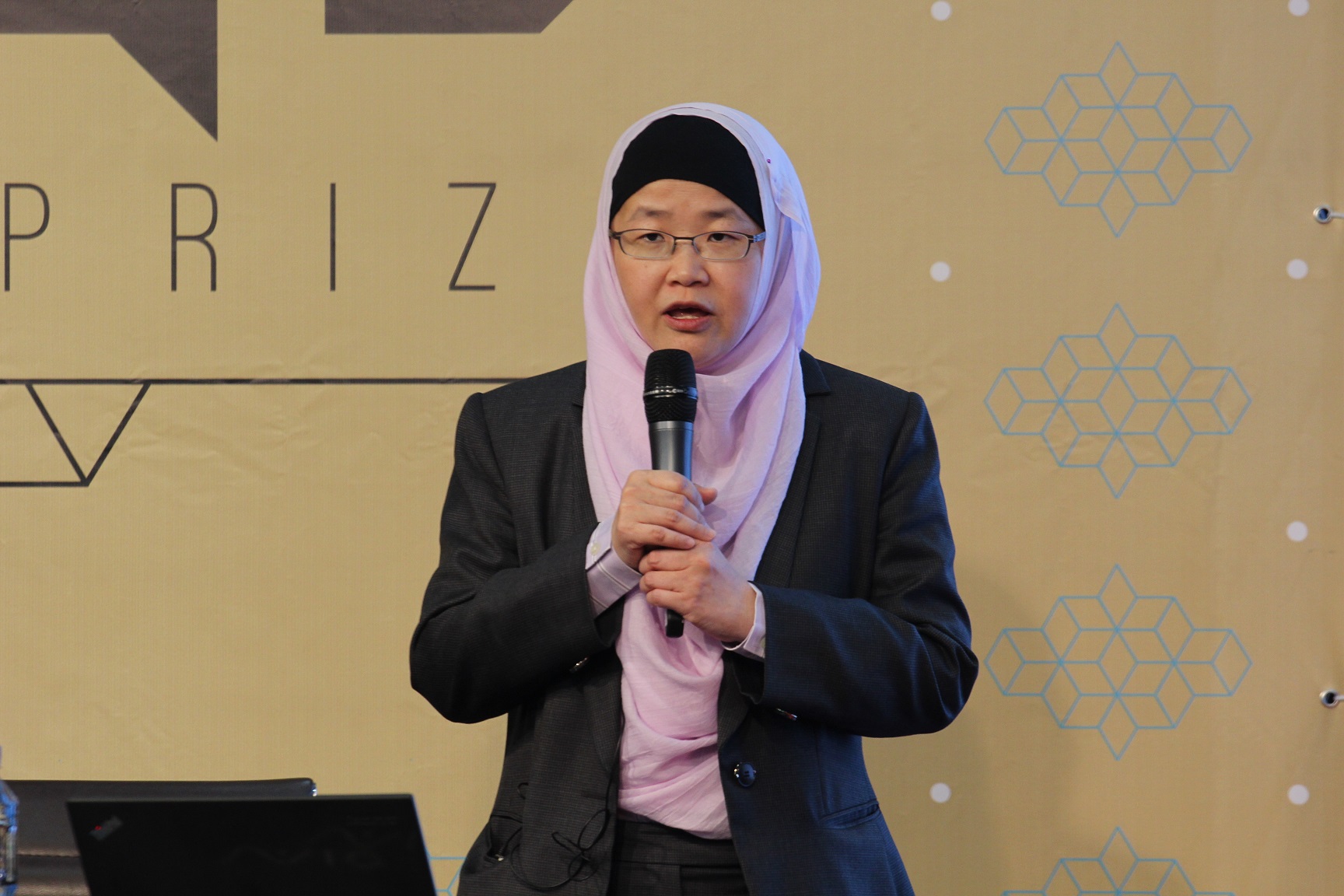TOP STORIES
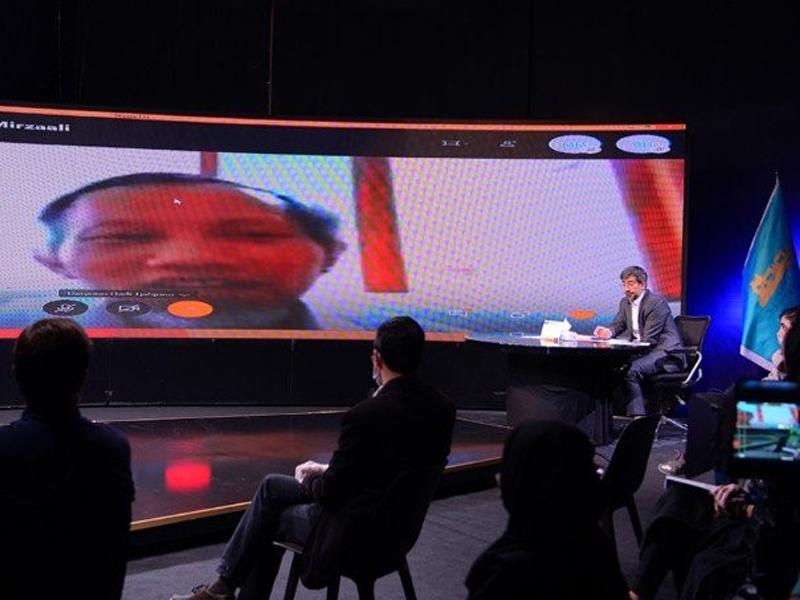
Universities, private sectors and NGOs are crucial to fight Coronavirus in Indonesia
18 May. 2020
Providing some general information about Indonesia such as its GPD of 4,175 US$, 933 public hospitals, 1,116 private hospitals, 9 teaching hospitals, and 208 medical devices camp, Daryono Hadi stated that the overall management of COVID-19 in Indonesia is satisfactory; however, “there is a shortage of Personal Protective Equipment (PPE) for medical doctors and nurses.”
Furthermore, he added "National Disaster Management Agency publishes COVID-19 data on a daily basis, hospitals for COIVD-19 patients are set up, and mediums to restrict social distance are conducted."
"Nevertheless, tested numbers are still limited to 140,473 and reported data versus facts are still challenging."
He further talked about the universities' contributions to fighting Coronavirus.
The cheap ventilator Vent-i is an example of product innovation designed by R&D center of Salman Mosque, Bundung Institute of Tech. This project is supported by ITB Alumni, Indonesian Aircraft Industry and is fully donated to hospitals.
In his presentation, Daryono Hadi provided pictures of various ventilators developed by universities and volunteer students. There were also productions of Personal Protective Equipment (PPE) by universities.
Muslims in Indonesia have also made Public Sanitizing Hand wash in the form of tanks that are placed in public areas like traditional markets and malls for public use. Yogyakarta by UGM, Surabaya, and Jakarta by UGM are some of these public hand wash machines.
He further elaborated on donation of Association of Indonesian Higher Pharmacy Education (AIHPE/APTFI) to primary health care facilities and hospital. They provided vitamins, Sanitizers, personal protective equipment, medicines, and food.
In general, according to the pictures provided by Daryono Hadi, volunteers have done a great job in Indonesia.
Also, webinars are conducted to educate people regarding COVID-19 and the ways to protect themselves and their families.
Teams are formed to support local government for data analysis and supporting the government policy.
He thinks it is important to educate people to prevent the spread of COVID-19.
Daryono Hadi further pointed to Dexa Medica group's donation of Chloroquine, hydroxychloroquine, and Azithromycin to NDMA for all reference hospitals (dedicated to the treatment of 35,000 patients) on April 17, 2020.
Also, during the months of March, April, and May 2020, Biofarma Group donated Chloroquine, PPE, and hand sanitizers to NDMA and local governments for all reference hospitals, as well as food for people who are economically affected by the virus.
Daryono further announced that Kalbe Group also donated US$2.5 million to NDMA and hospitals and also allowed their laboratory to be a site for testing COVID-19.
Regarding NGO’s and individuals’ contributions, he mentioned WeCare, an NGO that hosted a talk show to educate people, and teach the ways to prevent and cure COVID-19 infection.
"NGOs and individuals initiated to help people who had lost their jobs by distributing foods and medicines. Many companies use their CSR to support their laborers/workers," he added.
News Source: MSTF Media



